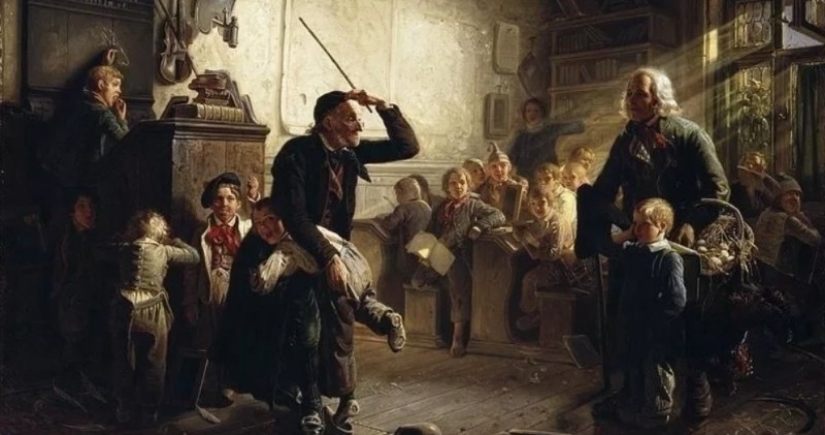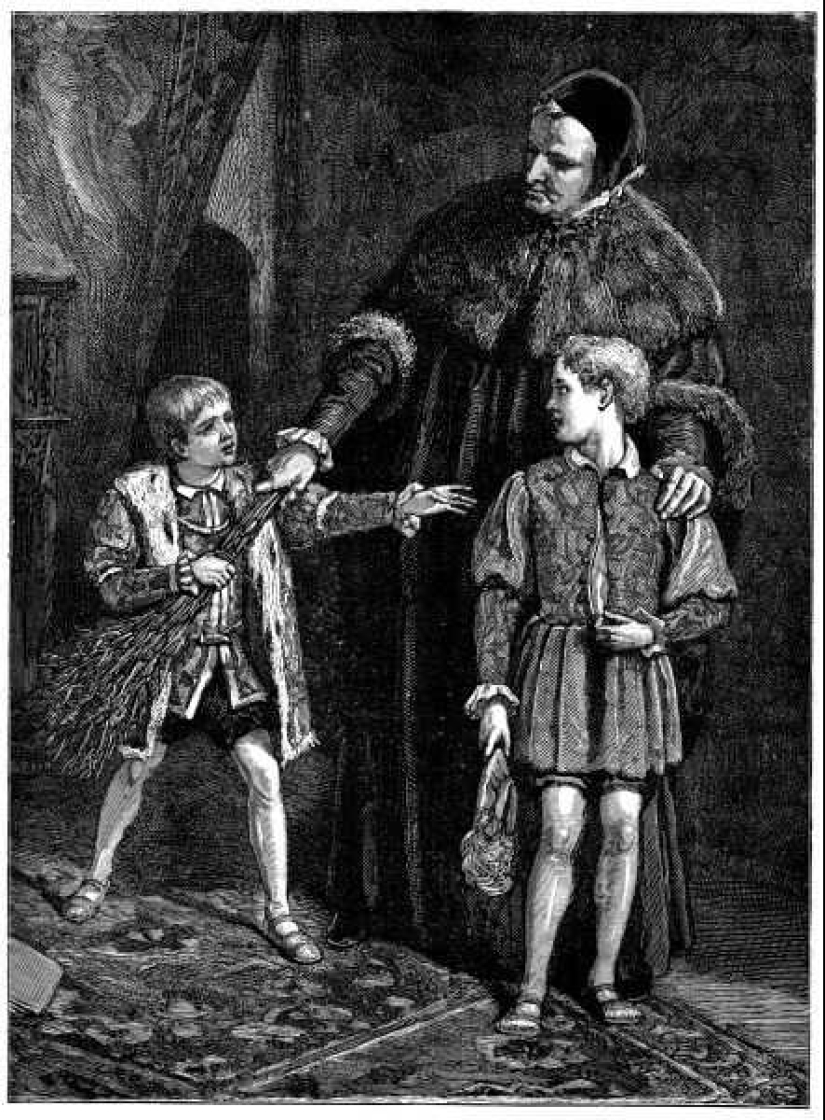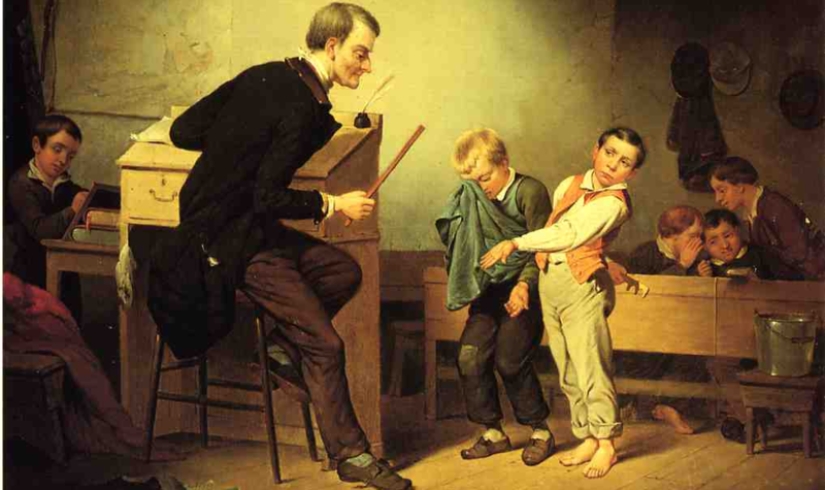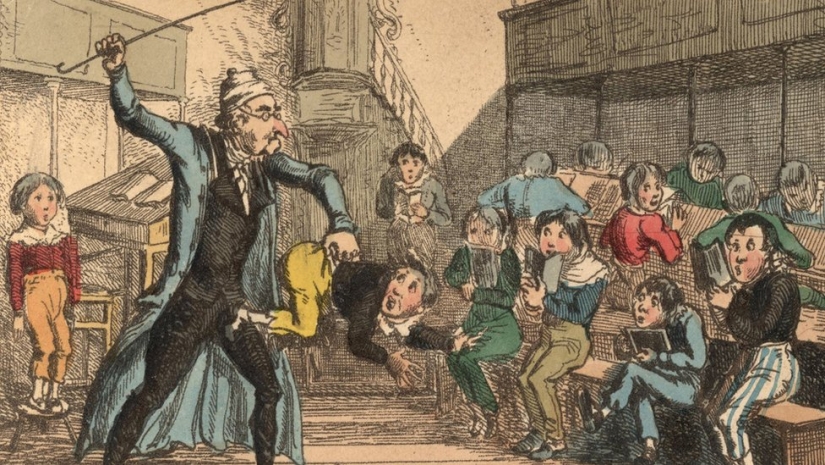"Whipping Boy" — why it once sounded proud
Categories: Culture | History | World
By Pictolic https://pictolic.com/article/whipping-boy-why-it-once-sounded-proud.htmlThe expression "whipping boy" always sounds dismissive. There is nothing strange in this, because that's what they call someone who takes the rap for other people's mistakes and misdemeanors. But once in England, many dreamed of wearing this proud title, which guaranteed a comfortable life and status in society.

In the 16th and 17th centuries, there was a position of "whipping boy" at the English royal court. His duties included receiving the corporal punishment due to the prince — heir to the throne. Such a vacancy was introduced after the king became the head of the Anglican Church and the vicar of God on Earth. The sanctity of the monarch extended to his offspring.

Princes and princesses could only be scolded and punished by the king. But since the monarch rarely had time for such trifles, the executions were carried out by teachers and mentors, over a specially hired boy. The educational moment was obvious — the prince, observing the suffering of an innocent peer, had to feel compassion and not be naughty anymore. The motivation for a spoiled royal offspring is so-so.
Nevertheless, there were a huge number of people who wanted to be a "whipping boy". Aristocratic families were happy when one of their children was taken to court. Most often, it was the children of the nobles who were with the prince. But it also happened that a boy from a simple family was chosen as a companion for the royal child.
The "whipping boy" received many various privileges and bonuses. He grew up next to the prince, almost from birth, ate and played with him. Good friendly relations almost always arose between the heir and the page. After becoming king, the monarch did not forget his constant playmate, who received "nuts" for him.

At least the king arranged a comfortable life for his childhood friend. It also happened that yesterday's "whipping boy" became an aristocrat. This happened to William Murray, who took corporal punishment instead of the future King Charles I (1600 - 1649). William, who came from a simple family, was granted the title of the first Earl of Mansfield and was given lands.
The children who replaced the prince under the rods and cuffs were talked about in the second half of the 19th century after the publication of Mark Twain's book "The King and the Beggar". The very expression "whipping boy" was published with the light hand of an American classic of literature. Now it is interpreted as "guilty without guilt".

No less, and maybe even more prestigious, it was also to be a wet nurse with the royal heirs. In this case, the royal favor extended to the woman herself and all her children.
Recent articles

Treasures are all associated with pirates, robbers and the affairs of bygone days. You will be surprised, but countless treasures ...

Professional street photographer Eric Kim teaches his craft in workshops around the world. Next, you will find some tips from a ...

An Englishman, a German and a Russian meet... No, this is not the beginning of another joke, but a rough description of a video ...